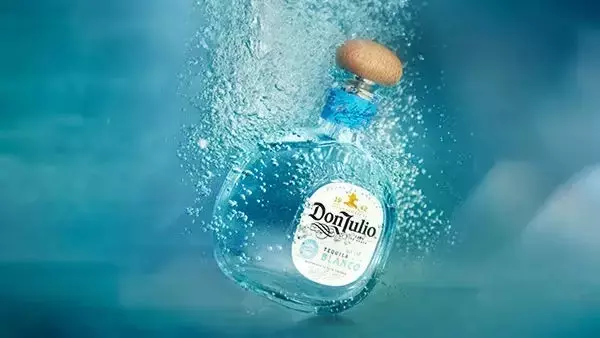
A brewing controversy has emerged over the authenticity of tequila labeling practices by a major spirits conglomerate. A recent lawsuit accuses Diageo, one of the world's leading beverage companies, of misleading consumers with its claims regarding the composition of its flagship tequilas. The plaintiffs, composed of concerned customers and a restaurant entity, argue that two prominent brands—Casamigos and Don Julio—are falsely marketed as being crafted solely from blue agave. Despite these assertions on their packaging, evidence suggests otherwise, according to the allegations.
The heart of the legal dispute centers on independent analyses indicating the presence of significant amounts of cane or other alcohols in the tequilas under scrutiny. This revelation raises questions about whether these products adhere to the strict standards required for classification as "100% agave" under both US and Mexican regulations. The plaintiffs are demanding substantial financial compensation exceeding $5 million and request an immediate halt to what they perceive as deceptive marketing tactics. Furthermore, they claim that had they been aware of the alleged discrepancies, their purchasing decisions would have reflected different choices or lower prices for these brands.
In response to these accusations, Diageo has categorically refuted the claims, asserting their validity and compliance with regulatory requirements. The company emphasizes certification by Mexico’s Consejo Regulador del Tequila (CRT) and approval by the US Alcohol and Tobacco Tax and Trade Bureau, underscoring the rigorous oversight governing their production processes. The case highlights the complexities surrounding tequila labeling laws, which mandate that only spirits derived exclusively from Blue Weber agave can bear the prestigious "100% agave" label. Meanwhile, Diageo continues to thrive in this competitive market, with Casamigos, co-founded by Hollywood star George Clooney, ranking among the top-selling tequilas globally.
Transparency and integrity form the cornerstone of consumer trust in any industry, particularly in premium beverages where authenticity is paramount. This legal saga underscores the importance of accurate product representation and adherence to established guidelines. By fostering honesty in labeling practices, companies not only protect their reputations but also empower consumers to make informed choices, ultimately strengthening the bond between businesses and their clientele.
